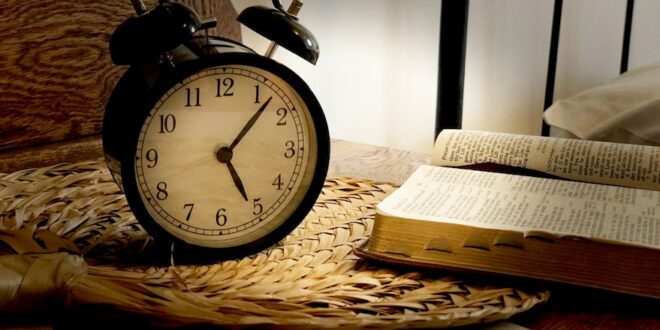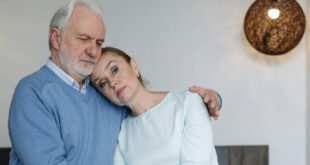Menopause affects women in different ways. Some have no ill effects at all, whereas others really struggle and find menopause a very unpleasant time of life.
Menopause and insomnia are very closely related. Hot flashes can take us from a deep sleep into a lighter sleep stage, making our sleep less restful. Hot flashes can also wake us up suddenly making it hard to go back to sleep. Menopause can also be a time when breathing problems, such as sleep apnoea or snoring, can increase, although this may simply be caused by ageing.
Other symptoms of menopause that can affect our sleep are depression, which causes early waking, and anxiety, which makes it hard for us to fall asleep in the first place.
Can Menopause Insomnia Be Treated?
The best way is to treat the menopause first and the insomnia will often take care of itself. The usual remedy is hormone replacement therapy, or HRT, which is some form of oestrogen taken in the form of creams, tablets or skin patches. Although there is no proof oestrogen increases breast cancer risk, as previously believed, there is now some evidence traditional menopause treatment can cause a stroke in older women. Those who suffer from menopause insomnia and who may also be depressed are usually prescribed anti depressants. Neurontin, an anti epileptic medication, is often prescribed when hot flashes cause interrupted sleep. As with all drugs, there is a risk of side effects.
Natural Remedies for Menopause
Natural menopause treatment can take away the worry of side effects, but does it really work, and is it cost effective? There are some simple ways to prevent hot flashes, which don’t cost any money. Whether you are using natural menopause relief or if you prefer to use HRT, these simple steps can ensure you maximize relief of menopause insomnia.
- Keep your bedroom cool, this may seem obvious but it will significantly improve the quality of your sleep.
- Wear loose clothing. Specially designed menopause sleepwear is now available but is not essential; the same results can be obtained by comfortable loose cotton sleepwear.
- Wind down before bed. Do relaxing activities in the hour just before bedtime. Don’t raise your stress levels by getting involved in disagreements or arguments.
- Avoid spicy foods. Some foods, for example curries, can cause increased sweating.
- Alcohol is also known for causing hot flashes and interrupted sleep. Try cutting these out for a while and see if this helps your sleep.
There are natural menopause alternatives that are proven safe. Black Cohosh cools those hot flashes, Dong Quai helps to balance our hormones, and Pasque flower works to quieten the nervous system. These help to effectively treat menopause insomnia. They have a synergistic action when combined in a blend.
Article by Wendy Owen. Wendy Owen (HH Dip) is a holistic health therapist and sleep researcher with an extensive knowledge of herbal and homeopathic remedies.










Join the Discussion
Type out your comment here:
You must be logged in to post a comment.